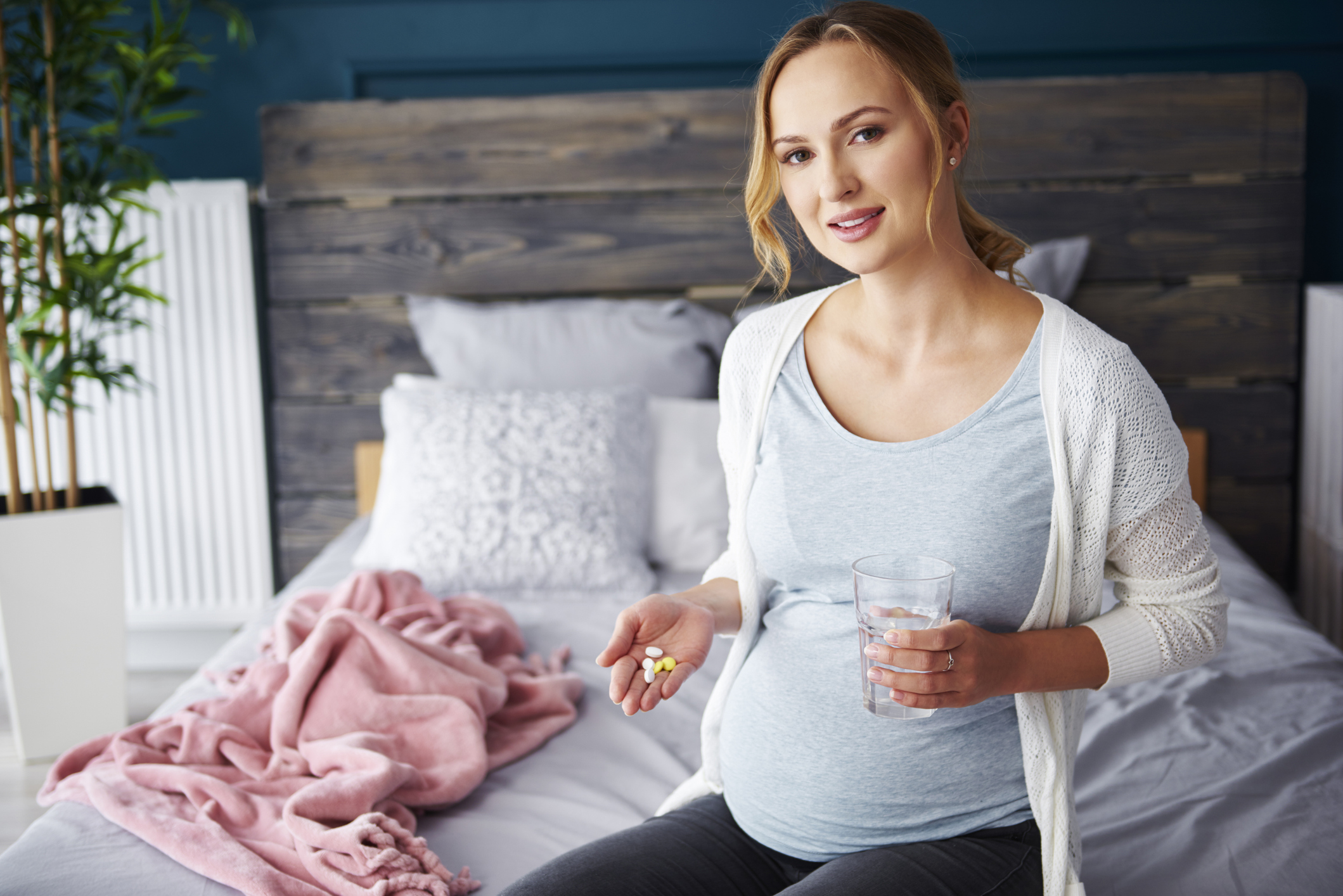Get Easy Health Digest™ in your inbox and don’t miss a thing when you subscribe today. Plus, get the free bonus report, Mother Nature’s Tips, Tricks and Remedies for Cholesterol, Blood Pressure & Blood Sugar as my way of saying welcome to the community!
Mom’s high vitamin D levels linked to children’s IQ

Vitamin D is known as the vitamin that enables your body to use calcium to build strong bones and avoid bone loss and osteoporosis.
But vitamin D levels in pregnant women are associated with their children’s IQ…
Higher vitamin D levels = greater childhood IQ scores
Published research by scientists at the Department of Child Health, Behavior and Development at Seattle Children’s Research Institute suggests that higher vitamin D levels in pregnancy may lead to greater childhood IQ scores.
Melissa Melough and her colleagues used data from the Conditions Affecting Neurocognitive Development in Early Childhood (CANDLE) study, which began in 2006 by collecting health information from a group of pregnant women in Tennessee.
This long-term study has continued to collect information about the health and development of the children born from these pregnancies.
After controlling for other factors related to IQ, higher vitamin D levels in pregnancy were associated with higher IQ in children from 4-6 years old.
Although this is an observational study and does not prove that low vitamin D levels cause lower IQ, Melough and her colleagues identify a few “takeaways” that they say warrant further investigation:
- Vitamin D deficiency is very common
- Higher vitamin D levels in pregnancy may promote brain development in children
- Screening and nutritional supplementation may correct vitamin D deficiency for those at high risk and promote cognitive function in offspring
Why vitamin D deficiency is greater for Black women
While the lack of vitamin D is a common problem among pregnant women, it’s even more common among Black women and other women of color.
According to Melough, as many as 80 percent of Black pregnant women in the U.S. may be deficient in vitamin D.
“Melanin pigment protects the skin against sun damage, but by blocking UV rays, melanin also reduces vitamin D production in the skin,” says Melough.
This is why rates of vitamin D deficiency are greatest in Black women and other women of color.
“I hope our work brings greater awareness to this problem… and highlights that there are certain groups providers should be paying closer attention to.”
Signs of a D deficiency and how to correct it
Vitamin D deficiency is very common.
It’s estimated that about 1 billion people worldwide have low levels of the vitamin in their blood.
According to a 2011 study, 41.6 percent of adults in the U.S. are deficient. This number goes up to 69.2 percent in Hispanics and 82.1 percent in African Americans.
And now that vitamin D has been solidly correlated with severe and fatal outcomes from COVID-19, shouldn’t we all be sure we’re getting enough?
Here are seven research-backed signs that you could be vitamin D-deficient:
- Frequent colds and other illness
- Fatigue
- Bone and back pain
- Depression
- Slow wound healing
- Hair loss
- Muscle pain
The best way to get your vitamin D is to spend time in the sun. Of course, with winter approaching in many parts of the world, this won’t always be an option.
Some people use a UV sun lamp. It mimics the action of the sun and enables your skin to produce its own vitamin D.
The second-best way to increase your intake of D is through food. Try to include more of these foods in your diet on a regular basis:
- Fatty fish
- Seafood
- Mushrooms
- Egg yolks
- D-fortified foods (milk, cereal, orange juice)
If your deficiency symptoms are severe, or if you and your doctor determine that your D-deficiency requires more aggressive action, supplements are an option.
Most prenatal vitamins contain 400 IU of vitamin D, which is less than the recommended RDA of 600 IU. But many experts feel both those levels are woefully insufficient and agree that 1,000–2,000 international units per day of vitamin D is safe during pregnancy.
According to research published in Indian Journal of Endocrinology and Metabolism “the benefit of vitamin D supplementation in pregnancy is potentially even greater than in the nonpregnant state. Yet, we continue to prescribe lower doses to pregnant women than to their nonpregnant peers, perhaps because of an unfounded fear of side effects.”
Editor’s note: There are perfectly safe and natural ways to decrease your risk of blood clots including the 25-cent vitamin, the nutrient that acts as a natural blood thinner and the powerful herb that helps clear plaque. To discover these and other secrets of long-lived hearts, click here for Hushed Up Natural Heart Cures and Common Misconceptions of Popular Heart Treatments!
Sources:
The CANDLE study — candlestudy.uthsc.edu
8 Signs and Symptoms of vitamin D Deficiency — Healthline
Prevalence and correlates of vitamin D deficiency in US adults — Nutrition Research
Vitamin D: Screening and Supplementation During Pregnancy — The American College of Obstetricians and Gynecologists
Vitamin D supplementation in pregnancy — Indian Journal of Endocrinology and Metabolism














